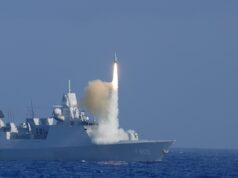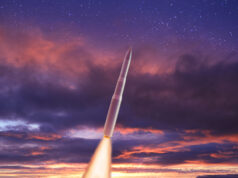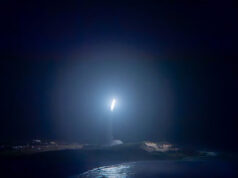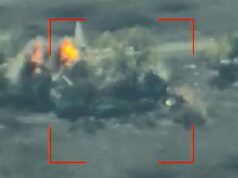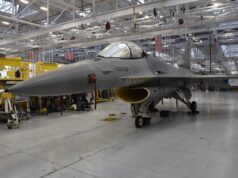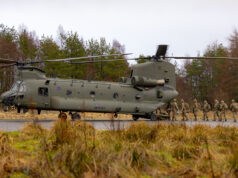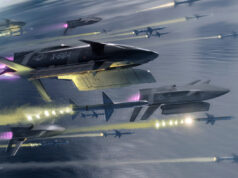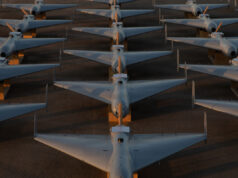Northrop Grumman’s uncrewed RQ-4D Phoenix aircraft has been enhancing NATO’s surveillance capabilities since it began operations in February 2021, according to a press release.
The Phoenix uses advanced autonomous technology to help the alliance address security challenges and deter adversaries.
“In today’s complex environment, decision-ready, actionable intelligence provided at the speed of need is one of our greatest weapons,†stated Brigadier General Andrew Clark, NATO ISR Force (NISRF) commander, quoted in the news release.
He noted that the NISRF forms the foundation for informed decisions, allowing NATO to anticipate threats and react swiftly.
The RQ-4D Phoenix provides commanders with a detailed view of ground situations, offering advanced ISR capabilities to NATO. While NATO operates the RQ-4D, the U.S. Navy has started using Northrop Grumman’s uncrewed MQ-4C Triton aircraft in Europe from the same base.
NATO chose the RQ-4D Phoenix based on Northrop Grumman’s RQ-4B Global Hawk, which has been in use since 2001. As a high-altitude, long-endurance (HALE) platform, the RQ-4D offers superior ISR capabilities, flying higher and longer than other unmanned systems. It is equipped with advanced sensors and technology to provide a comprehensive operational picture, according to the press release.
Based in Sigonella, Italy, the NATO ISR Force uses its five RQ-4Ds to deliver essential intelligence to decision-makers.
Northrop Grumman and NATO have developed a technology roadmap for the next 20 years, focusing on technological advancements and fleet expansion. This ensures the ISR Force remains at the forefront of intelligence and surveillance capabilities.
NATO has increasingly relied on the RQ-4D’s capabilities, with the ISR Force conducting more missions in 2023, particularly over Eastern Europe, according to the press release.
“The RQ-4D Phoenix is proving its unmatched ISR capability to help create NATO’s common operating picture. Future collaboration between NATO and the U.S. Navy, and the adoption of the MQ-4C Triton advanced maritime surveillance system, would bring unprecedented capabilities in ground and maritime surveillance for the alliance,†said Doug Shaffer, vice president of autonomous intelligence, surveillance, reconnaissance, and targeting programs at Northrop Grumman, quoted in the news release.




